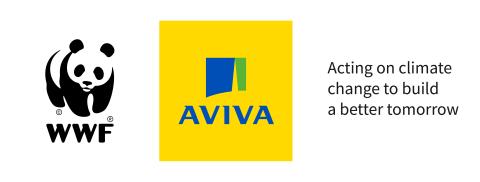Ongoing development of the UK Saltmarsh Carbon Code will pave the way for increased funding for saltmarsh restoration which will contribute towards the UK's net zero goals. Saltmarshes collect and store carbon-rich sediment, with plants above-ground photosynthesising and below-ground microbes breaking down organic matter.
The WWF Saltmarsh Research Platform will be the first site to measure the full carbon balance of saltmarsh habitat. It is located on the Ribble Estuary which features two of the largest saltmarsh restoration sites in north-west England. These saltmarshes have a range of international conservation designations and have been studied by UKCEH for more than a decade, providing a comprehensive background understanding of the saltmarsh ecology, upon which the new research platform can be built.



